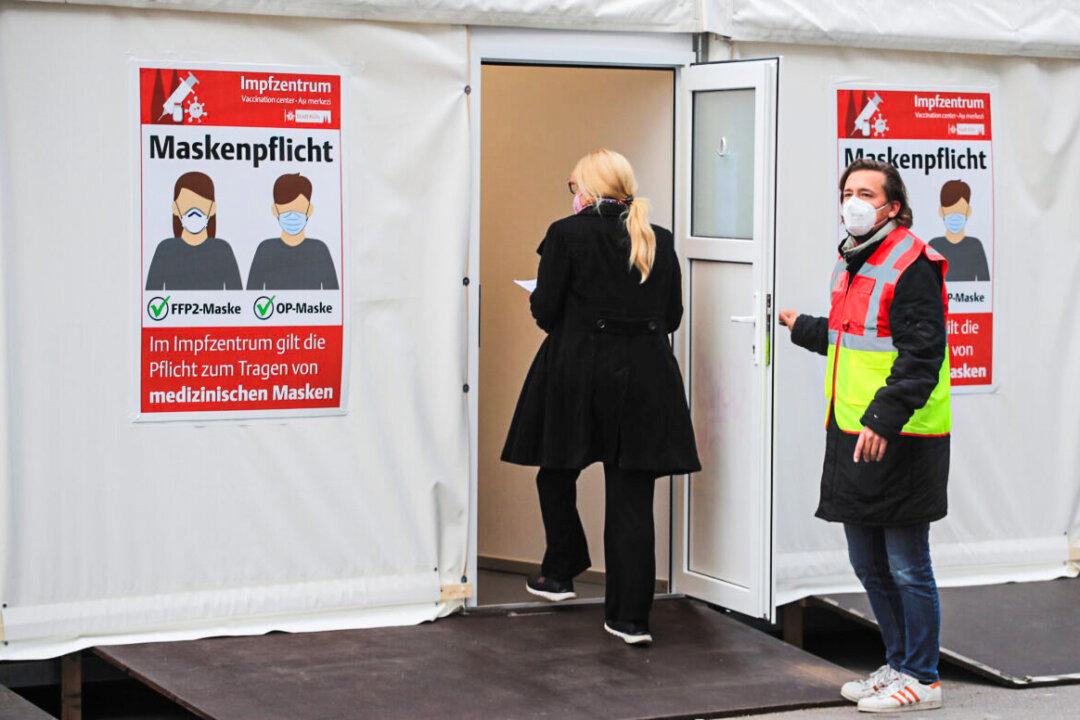A growing number of German politicians are backing the idea of a general COVID-19 vaccination obligation, with some ministers saying the measure would be a “last resort” option, but a possibility.
Debates over compulsory vaccinations in Germany have accelerated after neighboring Austria recently reimposed a full lockdown and also announced plans to require COVID-19 vaccinations for its entire population as of February.





